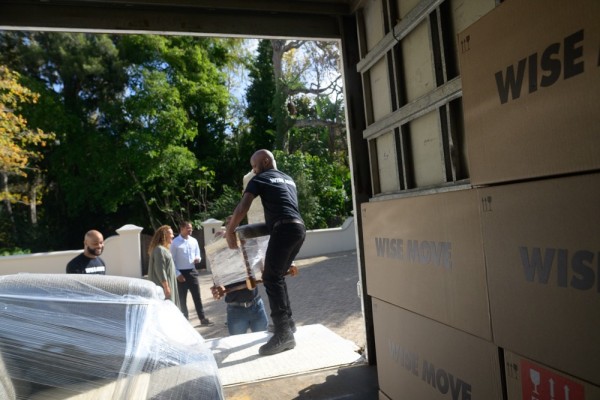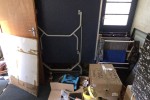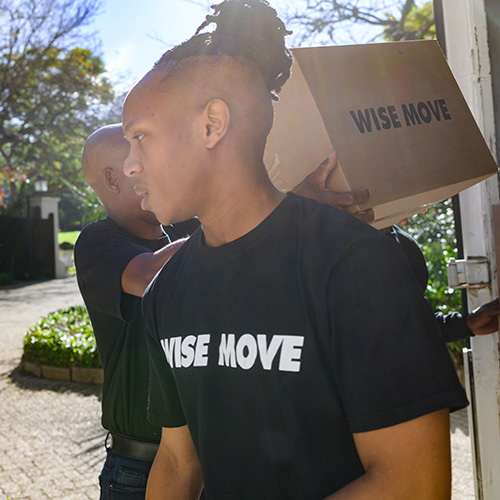
Spreading wings and moving out of your parent's house can be a difficult decision to make. While many publications have spoken at length about boomerang Millennials, the young adults who are returning to live at home, we’re going to focus on the next generation - Gen Z.
But before we launch into leaving your parent’s home, let’s talk about reasons not to rush leaving the nest.
Reasons Not To Leave Your Parental Home
Refusing to leave home has been the punchline of many jokes about young adults. But there are loads of reasons, if you’re allowed, to keep living at your parent’s abode.
Rent Is Insane
The South African rental market is a competitive space. According to PayProp’s Rental Index for the Second Quarter (Q2) of 2022, the local market experienced growth across multiple provinces for the first time in five quarters.
To be brief, this means the average rent increased by R193, reaching R7 971 in Q2 from R7 778 in the same quarter of the last year. This is a general overview of specific local markets. The Western Cape’s average rent increased from R9 185 to R9 462.
By simply picking up some local classified papers, you’ll automatically see that the cheaper end of the market, flats, are not cheap. Nor is being a granny flat renter.
But now, there’s another reason not to leave your parent’s home.
Inflation Is Up
According to Take Profit, in December 2022, South Africa’s inflation rate was 7.2%. While it has been steadily dropping since then, the previous year saw the annual inflation rate for goods going up to 11.5%. And this is the damage it has done, according to Stats SA in June 2022:
“Sunflower oil, the product with the highest weight in the oils and fats group, is almost 40% more expensive than it was a year ago. Prices jumped by 16.1% between April and May.”
The bottom line is that you should be counting your coppers. Also, your parents might need financial support for their own groceries.
After all, when sharing an environment with someone as an adult means, you can split expenses.
You Or Someone In Your Family Needs Emotional Support
Often, receiving emotional support from your family is enough of a reason to stay with your parents. Hiring a full-time carer to help with health issues can be expensive.
Never underestimate the need for emotional support.
Other Expenses
When leaving the nest, you’ll need to address several new expenses that your parents were attending to. Some of these include:
-
- Household insurance;
- Internet connection;
- Rates and taxes;
- Water and electricity;
- And more.
But you also need to invest capital into items for around the house, like appliances, electronics, cleaning supplies, and more.
All these expenses start to add up very quickly, often throwing newbies into debt, which isn’t great, especially in this market.
Staying with your parents as long as possible while putting away some capital for savings and assisting your parents with expenses is not a bad option. Far from it, many families plan on cohabiting in a multi-generational home.
But if you’re looking for freedom and are not convinced by the idea of a multi-generational home, you will have to move.
Planning on Moving out of your Parents' House
Now that you’ve decided it’s time to move on, you will need to start planning for a few elements.
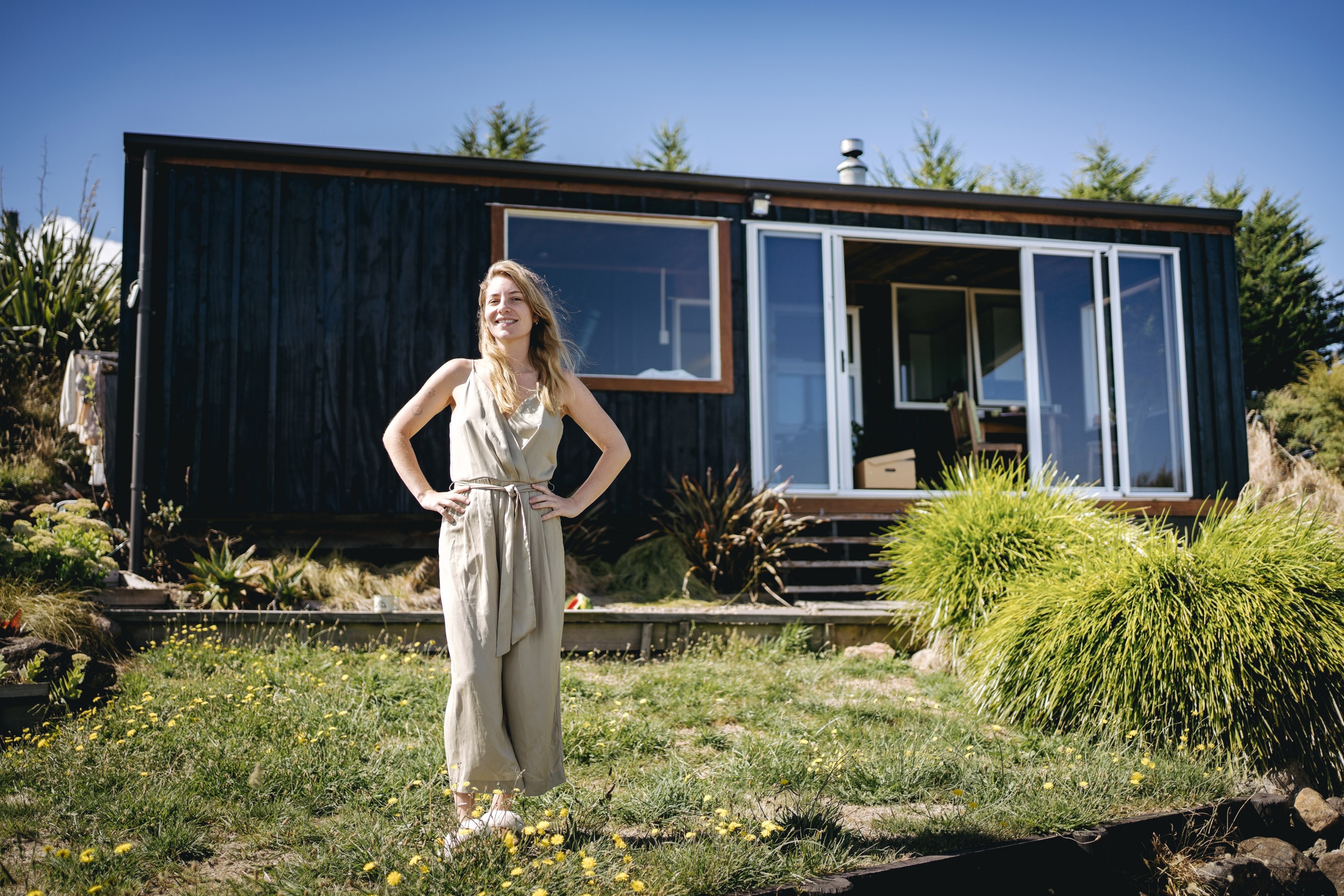
Establish Your Budget
Finding out your exact budget should always be your first step. Make sure you crunch the numbers to establish how much capital you take home after taxes.
We’d recommend also including other expenses you’ll be exposed to. Namely, electricity and water costs, household insurance, medical aid (or just a bog standard hospital plan) and others.
When planning your budget, you should always ensure that you are creating an emergency savings fund. Life has a funny way of surprising everyone, so make sure your budget can handle it.
Now it’s time for the fun part - looking for accommodation.
Finding A Rental
Once you’ve established your budget, you will know how much you can afford in rent.
When browsing for your new abode, you need to consider a few factors, such as:
-
- Is it conveniently located near your work or university?
- Can you split the rent with a second room?
- Is it safe?
- Are your necessary amenities close by?
- Is there off-street parking?
- Are there additional facilities?
This list will change depending on your needs. As a rule of thumb, never offer to take the place if you haven’t seen it yet. Photos can be misleading. Always make sure to view the property in person, and if you have a friend who can spot issues, like poor fittings, ask them to tag along.
When receiving the contract, have someone also read through it. The last thing you want is to be liable for things you didn't count on.
You will need to pay a deposit in most rental agreements. This amount can vary, but usually, it is two months' rent. Accessing this capital can be difficult if you’ve not planned for it.
But once you’ve finalised the agreement, your next job will be ensuring you have all the right appliances.
Time To Invest In Household Items
 A home is more than four walls. It has to be. Otherwise, you’ll be sitting on the floor. However, purchasing new household items can be expensive.
A home is more than four walls. It has to be. Otherwise, you’ll be sitting on the floor. However, purchasing new household items can be expensive.
Asking your parents for old items they don’t need is first prize. But if that’s not possible, then you can offer to help subside them by purchasing a new item, and then you take the old one.
Also, you can typically pick up some fantastic deals in the classifieds sections. But be aware that sometimes items are cheaper new, so take a look through websites like Takealot.com to ensure the pricing is correct.
Get quotes for your move
And as with anything, it’s best to investigate quotes and prices, just like Wise Move does with movers.
When you’re ready to move out of your parent's home, there’s no better way to find the best quote for movers. Then again, you are young, and it's a right of passage to rope your friends into doing hard labour using all your tiny cars.
But if they will not assist, getting cheap help and a van that will fit all your belongings has never been easier.
What do our customers say?






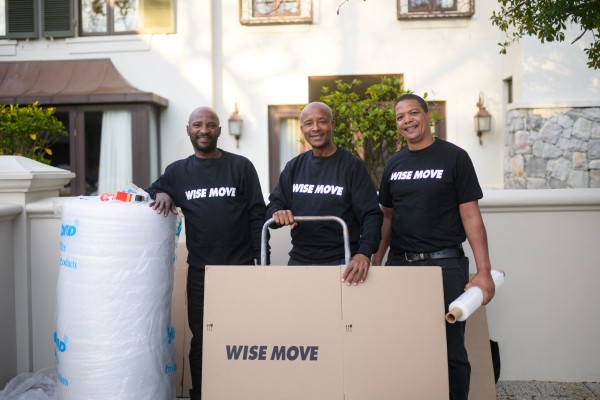


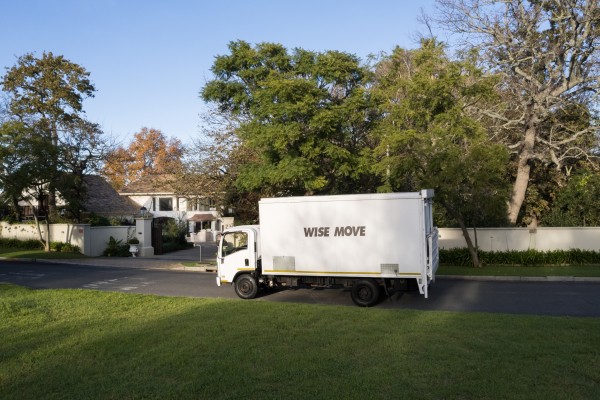





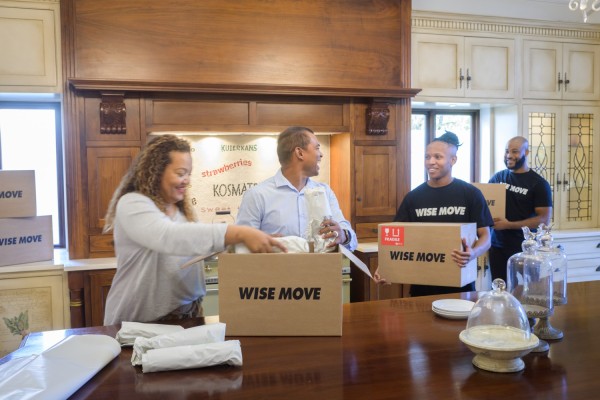
![How Many Moving Boxes Do You Need [Quick Guide] How Many Moving Boxes Do You Need [Quick Guide]](https://cdn.wisemove.co.za/image/blog/f402bbe3e47e09aa41a6d8370888b926.jpeg)


